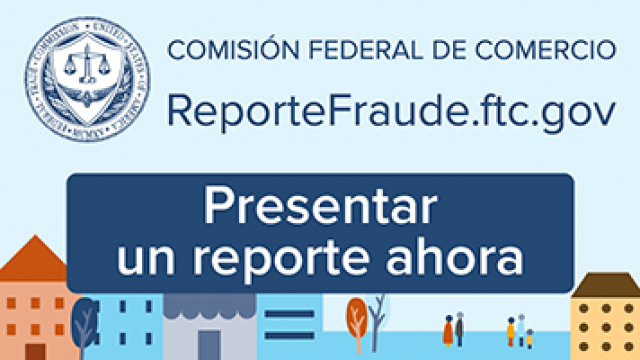Learn about the latest scams, and get advice to help you avoid, report, and recover from them.
Be heard. Report scams to the FTC
Avoid scams in the aftermath of Merbok, Fiona and Ian
How to Recognize and Avoid Phishing Scams
Mortgage Relief Scams
How To Spot, Avoid, and Report Tech Support Scams
Find out what scams are happening in your area
Modeling Scams
What to Know About Romance Scams
Rental Listing Scams
When you’re looking for an apartment or vacation rental, you’re probably looking at price, location and amenities.



